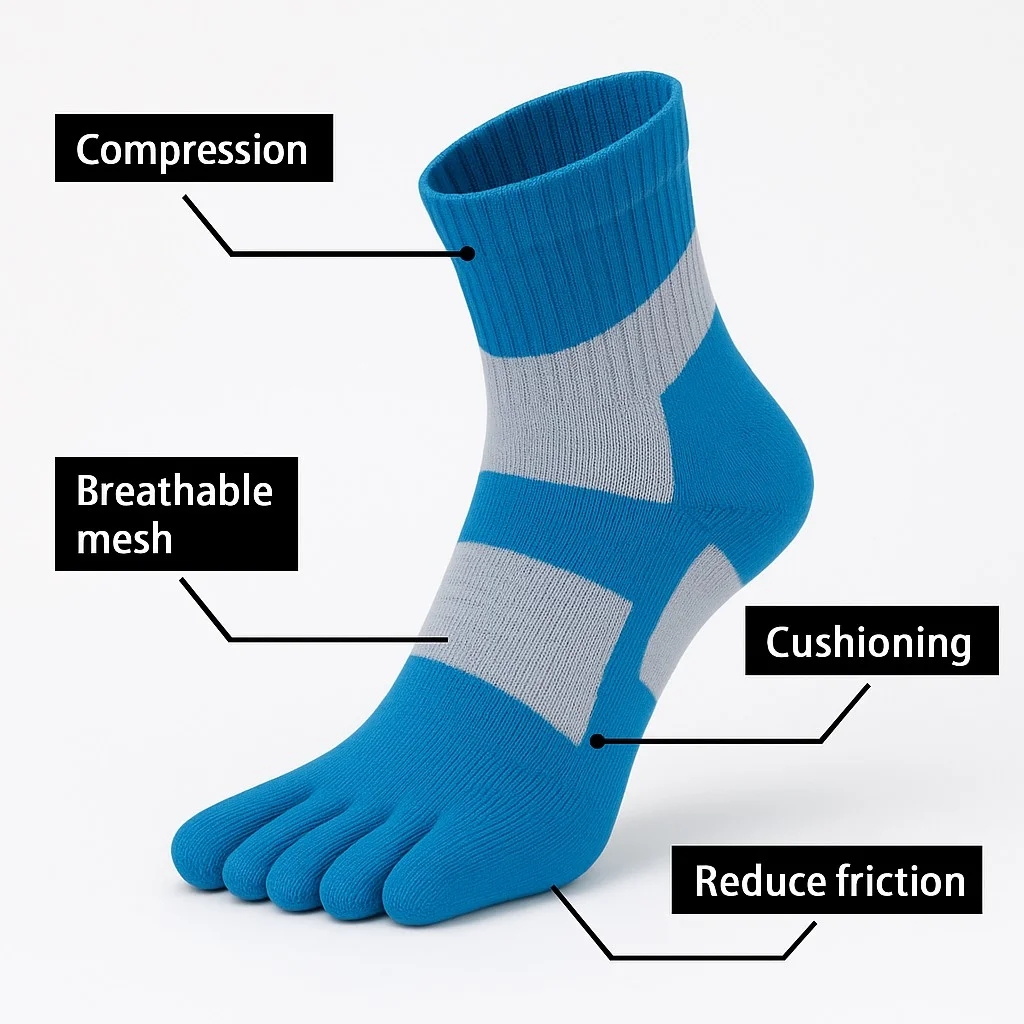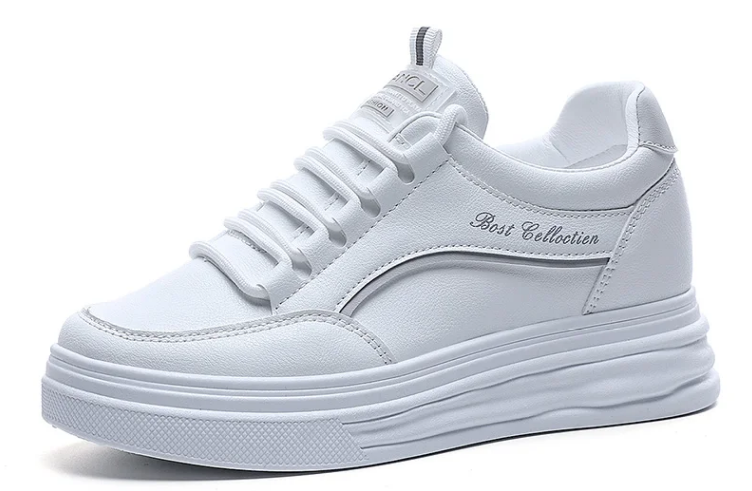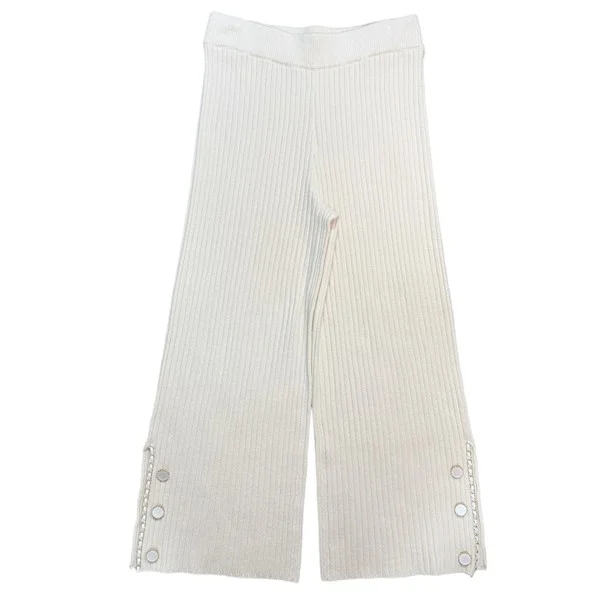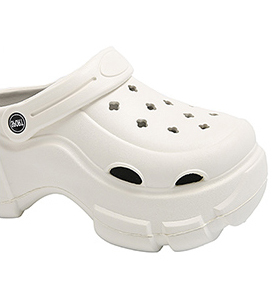Unveiling the Secrets of Tencel: Is it Stretchy?
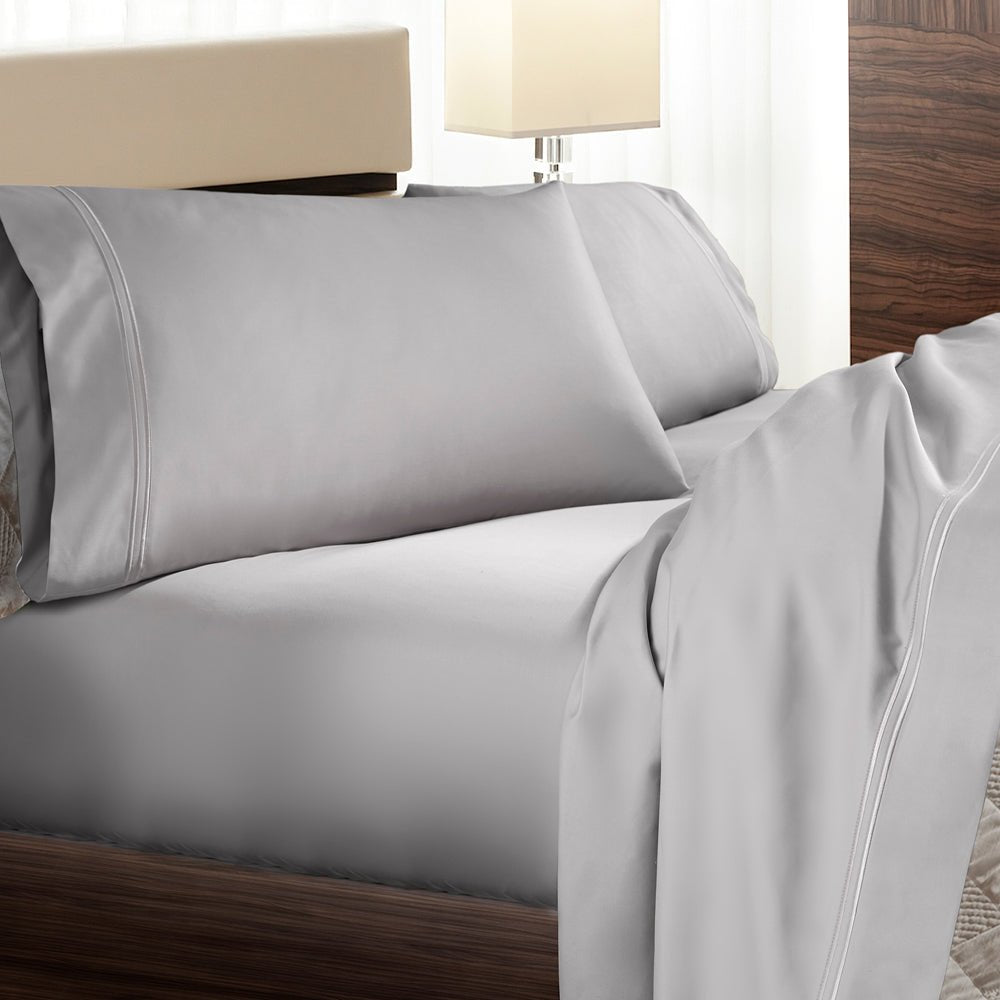
Tencel, a popular fabric in the textile industry, has gained significant attention for its unique properties and eco-friendly nature. One question that often arises is whether Tencel is stretchy. In this comprehensive blog post, we will delve into the depths of Tencel and explore its stretchability, backed by scientific evidence and expert opinions.
- Understanding Tencel:
Tencel, also known as lyocell, is a type of cellulose fiber derived from sustainably sourced wood pulp. It is produced through an environmentally friendly manufacturing process, making it a preferred choice for conscious consumers. Tencel is renowned for its exceptional breathability, moisture-wicking abilities, and softness, making it a versatile fabric for various applications. - The Structure of Tencel:
To comprehend the stretchability of Tencel, it is crucial to understand its unique structure. Tencel fibers consist of thousands of tiny fibrils, which are responsible for its remarkable strength and flexibility. These fibrils allow the fabric to stretch and recover while maintaining its shape, making it an ideal choice for garments that require both comfort and durability. - Stretchability of Tencel:
While Tencel possesses some inherent stretch, it is not as stretchy as elastane or spandex. The stretchiness of Tencel fabric primarily depends on the specific blend and construction. Tencel blends with elastane or other stretch fibers can enhance its stretchability, making it suitable for activewear, sportswear, and other applications that require a higher degree of elasticity. - Factors Affecting Tencel's Stretch:
Several factors influence the stretchability of Tencel fabric. The yarn construction, fabric weave, and finishing processes can all impact its stretch properties. Additionally, the percentage of Tencel in a fabric blend and the presence of other stretch fibers play a significant role in determining its overall stretchiness. It is essential to consider these factors when selecting Tencel-based products for specific purposes. - Practical Applications:
Despite not being as stretchy as some other fabrics, Tencel offers numerous advantages in various applications. Its natural breathability and moisture-wicking properties make it an excellent choice for activewear, intimate apparel, and bedding. Tencel's ability to blend with other fibers allows for the creation of fabrics that combine stretch, softness, and sustainability, catering to the demands of modern consumers.
Conclusion:
In conclusion, Tencel is a remarkable fabric known for its eco-friendly nature and exceptional properties. While it possesses some inherent stretch, it is not as stretchy as elastane or spandex. The stretchability of Tencel fabric depends on various factors, including blend composition and construction. Understanding these aspects will help consumers make informed choices when selecting Tencel-based products for their specific needs.

